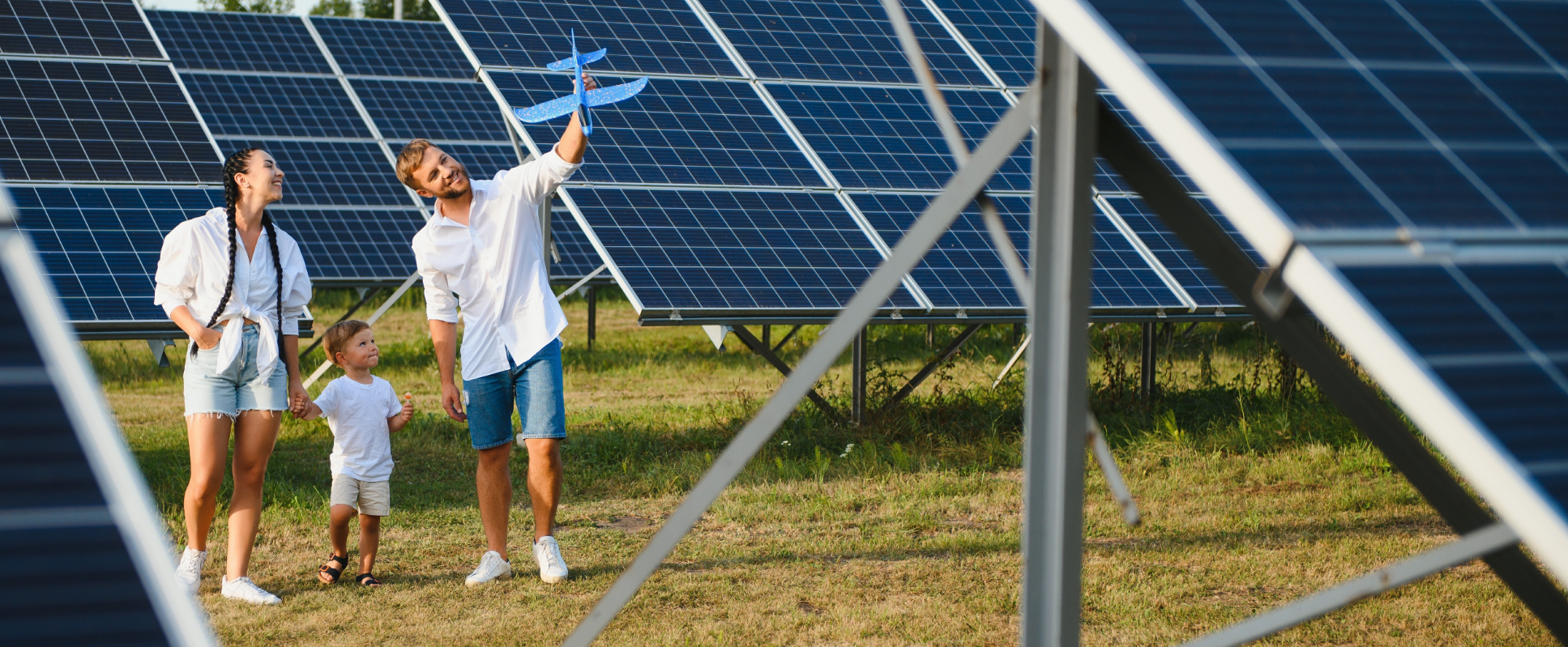
Introduction
In today’s rapidly evolving global economy, renewable energy has become more than just a buzzword. It represents a pivotal shift in how nations generate power, reduce carbon footprints, and secure their economic futures. But beyond the environmental implications, an often-overlooked aspect is the direct correlation between the speed at which countries adopt renewable energy and their economic competitiveness on the global stage.
The Renewable Race
Over the past decade, renewable energy sources—solar, wind, hydro, and geothermal—have seen exponential growth. While early adopters like Germany and Denmark have led the charge, new players like China and India are rapidly catching up. What sets these nations apart is their recognition that renewable energy isn’t just about sustainability; it’s about securing a competitive economic edge.
Economic Advantages of Early Adoption
- Energy Independence:
- Reduced Reliance on Imports: Countries that invest in renewables reduce their dependence on imported fossil fuels. This not only stabilizes their energy prices but also shields them from geopolitical tensions that can disrupt supply chains.
- Stable Energy Costs: Unlike fossil fuels, which are subject to volatile market prices, renewables offer more predictable and often lower long-term costs. This stability is crucial for businesses planning long-term investments.
- Job Creation:
- New Industries and Employment: The renewable energy sector is a significant job creator. From manufacturing solar panels and wind turbines to installing and maintaining these systems, the industry offers numerous employment opportunities, often in regions that need them the most.
- Skilled Workforce Development: Investing in renewables necessitates a skilled workforce, driving educational and training programs that enhance a country’s overall skill base.
- Technological Leadership:
- Innovation Hub: Countries leading in renewable energy investments often become hubs for technological innovation, attracting investments in R&D and fostering a culture of innovation.
- Export Opportunities: These nations can export their technologies and expertise to other countries, creating new revenue streams and enhancing their trade balances.
The U.S. Position
While the U.S. has made significant strides in renewable energy, it risks falling behind its global competitors. To maintain its economic leadership, the U.S. must accelerate its transition to renewable energy. This involves not only increasing the capacity of renewable energy installations but also investing in grid infrastructure, storage solutions, and smart technologies that optimize energy use.
Conclusion
The transition to renewable energy is not just an environmental imperative; it’s an economic one. Countries that scale renewables faster will gain a decisive economic advantage, positioning themselves as leaders in a future where clean energy is paramount. For the U.S., the path is clear. By accelerating its renewable energy efforts, the nation can secure its economic future, create jobs, and lead the world in innovation and sustainability. Let’s not wait—our competitive edge depends on it.
Ready to learn more about how renewable energy can impact our economy? Stay informed and join the conversation on how we can drive change together.
